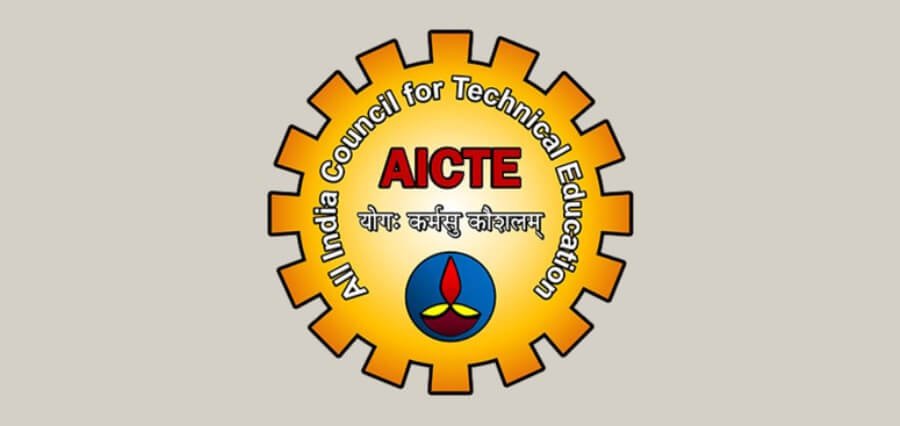In recent years, micro-credentials have gained significant attention in the realm of education and professional development. These short, focused, and competency-based credentials hold the promise of revolutionizing the way individuals learn and grow in their careers.
This article explores the value of micro-credentials and their potential to transform professional development and lifelong learning. By examining their benefits, challenges, and implications for various stakeholders, we can gain insights into how these bite-sized credentials can reshape the landscape of continuous learning and upskilling in the modern world.
As the world continues to experience rapid technological advancements and evolving job markets, the traditional approach to professional development and lifelong learning faces new challenges. Micro-credentials, also known as digital badges, nanodegrees, or micro-certifications, have emerged as a flexible and efficient solution to bridge the skills gap and provide individuals with relevant, up-to-date competencies.
This article delves into the potentially transformative impact of micro-credentials on the way professionals learn, grow, and succeed in their careers.
Defining Micro-credentials:
This section provides a comprehensive definition of micro-credentials, exploring their characteristics, structure, and how they differ from traditional certifications and degrees. It highlights the unique aspects of micro-credentials, such as their focus on specific skills and competencies and their modular nature, allowing learners to tailor their learning pathways.
The Benefits of Micro-credentials:
This section outlines the numerous advantages that micro-credentials offer to individuals, employers, and educational institutions. It discusses how these credentials enable quick and targeted skill acquisition, enhancing employability and career advancement. Additionally, it explores how employers can use micro-credentials to identify and hire talent with the exact skill sets they need.
Transforming Professional Development:
Professional development is a critical aspect of every career, and this section delves into how micro-credentials can revolutionize this process. It explores how micro-credentials provide a continuous and adaptive learning environment, enabling professionals to stay relevant in their fields and easily adapt to changing job requirements.
Micro-credentials and Lifelong Learning:
Lifelong learning has become a necessity in the modern knowledge-based economy. This section discusses how micro-credentials encourage and facilitate lifelong learning by breaking down learning into manageable chunks, making it easier for individuals to engage in continuous education throughout their careers.
Challenges and Considerations:
While micro-credentials offer significant potential, they are not without challenges. This section addresses issues such as standardization, credibility, and recognition of micro-credentials, along with potential solutions to overcome these hurdles.
The Role of Technology:
Technology plays a crucial role in the proliferation of micro-credentials. This section explores the impact of online learning platforms, digital badging systems, and blockchain technology in validating and distributing micro-credentials.
Implementing Micro-credentials in Educational Institutions and Workplaces:
This section examines the strategies and best practices for integrating micro-credentials into traditional educational systems and workplace learning programs. It discusses the importance of collaboration between academia and industry to ensure the relevance and applicability of micro-credentials.
Case Studies:
Presenting real-world examples of successful implementation of micro-credentials in various industries and contexts, this section showcases the positive impact they have had on professional development and lifelong learning.
Equity and Inclusivity in Micro-credentials:
This section discusses the importance of ensuring equitable access to micro-credentials for all learners, regardless of their socio-economic background or geographical location. It explores how micro-credentials can help bridge the gap between formal education and informal learning, enabling individuals from diverse backgrounds to acquire relevant skills and competencies.
Industry-Driven Micro-credentials:
Highlighting the significance of industry-driven micro-credentials, this section examines how employers and industry associations can collaborate with educational institutions to design and offer micro-credentials that align with the current and future needs of the job market. It also delves into the value of micro-credentials in addressing specific skill shortages in various sectors.
Micro-credentials for Upskilling and Reskilling:
This section explores the role of micro-credentials in facilitating upskilling and reskilling efforts for employees. It discusses how organizations can leverage micro-credentials to empower their workforce with new skills and knowledge, fostering a culture of continuous learning within the organization.
Accreditation and Quality Assurance of Micro-credentials:
Quality assurance is crucial in maintaining the credibility and value of micro-credentials. This section explores various approaches to accrediting and validating micro-credentials, including partnerships with accrediting bodies and adherence to industry standards.
Personalized Learning Pathways:
This section delves into the concept of personalized learning pathways enabled by micro-credentials. It discusses how learners can tailor their learning experiences, selecting specific micro-credentials that align with their career goals and interests and fostering a sense of ownership over their professional development.
The Role of Soft Skills in Micro-credentials:
While technical skills are essential, soft skills are equally crucial for career success. This section explores how micro-credentials can be used to recognize and develop soft skills, such as communication, leadership, and adaptability, which are highly valued by employers.
Micro-credentials in Non-Traditional Fields:
Micro-credentials are not limited to traditional academic subjects. This section explores how micro-credentials can be applied in non-traditional fields, such as the arts, sports, and creative industries, where skills and expertise may not fit neatly into conventional educational frameworks.
Read More: Click Here





